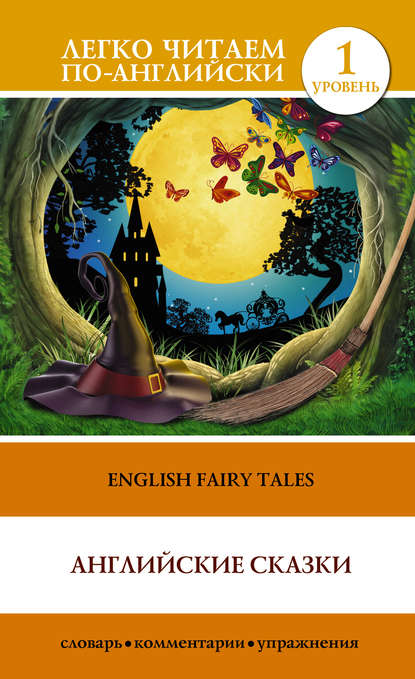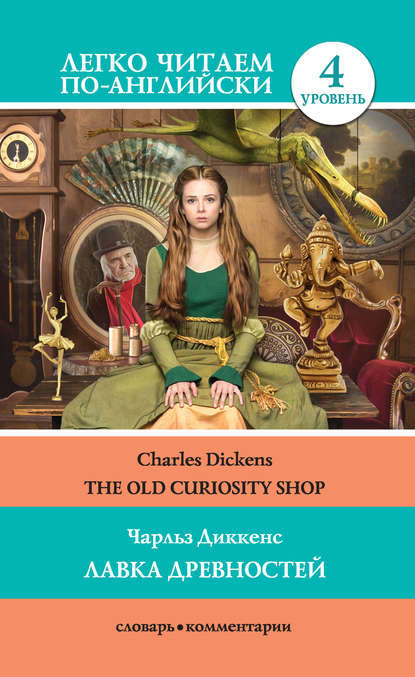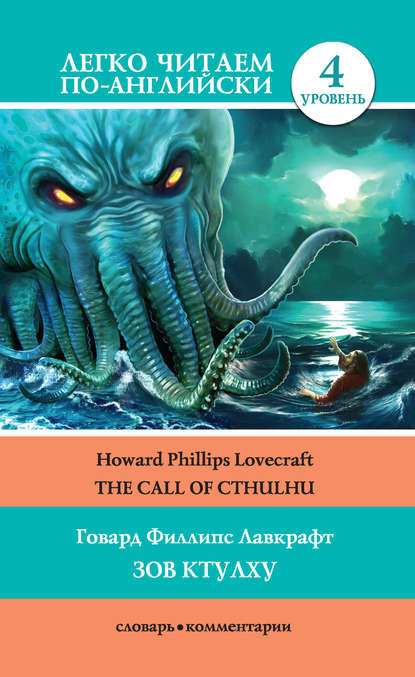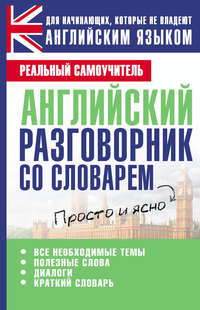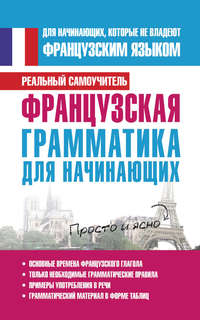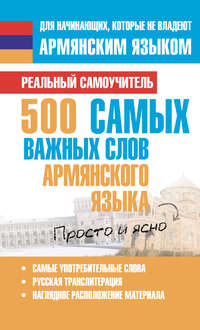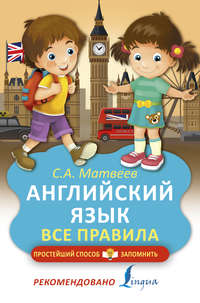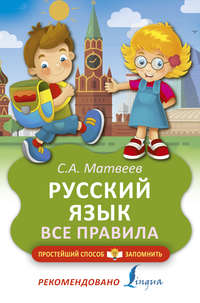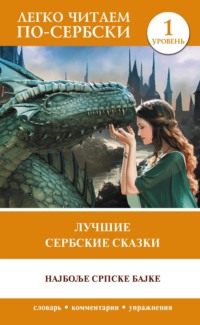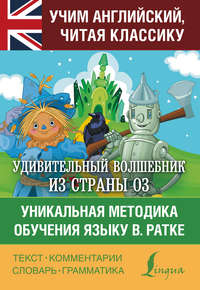Сборник лучших английских сказок. Уровень 1
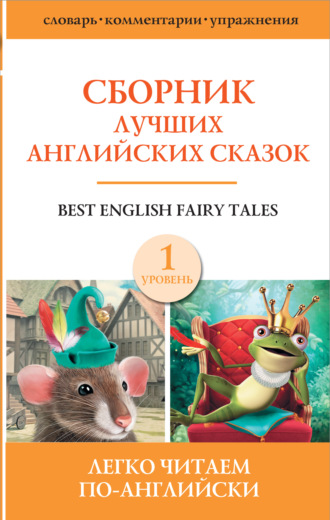
Полная версия
Сборник лучших английских сказок. Уровень 1
Жанр: сказкиизучение языкованглийский языктекстовый материалElementary levelдетская классиказадания по английскому языкуанглийские сказкизнания и навыкикниги для чтения на английском языке
Язык: Английский
Год издания: 2021
Добавлена:
Серия «Легко читаем по-английски»
Настройки чтения
Размер шрифта
Высота строк
Поля
Конец ознакомительного фрагмента
Купить и скачать всю книгу

